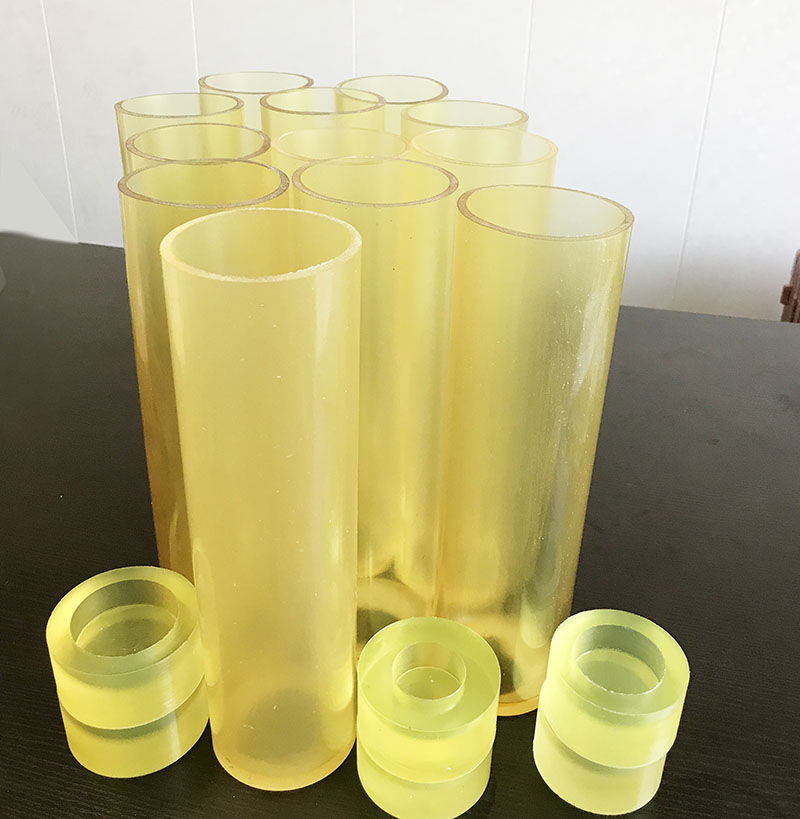

Dry forming process of ITO target
Indium tin oxide (IndiumTinOxide, referred to as ITO) targets are currently used in solar cells, conductive glass and plasma displays due to their relatively low resistivity and high light transmittance, especially in the field of liquid crystal displays (LCD). The application is very extensive. As the LCD screen size tends to be larger, high precision, low resistance characteristics, and high light transmittance have all become the focus of ITO development, which will bring huge challenges to the ITO target forming process. Therefore, it is very important to study various forming technologies of ITO targets.
The purpose of ITO target forming technology is to obtain a green body with uniform internal and high density. Improving the forming technology is a key step to improve the quality of ITO target products. ITO target forming technology is generally divided into two types: dry method and wet method. Dry forming is essentially a forming method of mold pressing, which is easy to realize automatic production, and the density of the batch is very high under pressure, and usually does not need to be dried. The dry forming process of ITO targets mainly includes cold, etc. Static pressure forming, stamping forming, compression molding and explosive forming, etc.
Dry forming process
1. Cold isostatic pressing
Cold isostatic pressing is to place the ITO powder to be pressed in a high-pressure container according to the proportion at room temperature, and use the incompressible properties of the liquid medium and the properties of uniform pressure transmission to uniformly pressurize the sample from all directions. When the liquid When the medium is injected into the pressure vessel through the pressure pump, according to the principle of fluid mechanics, its pressure is constant and uniformly transmitted to all directions. Compared with axial pressing, the pressure transmitted by cold isostatic pressing through the liquid medium is equal in all directions, and the friction between the powder and the mold is small, the force on the surface of the green body is relatively uniform, and the density is relatively uniform.
2 Stamping
The stamping forming process is a processing method in which a workpiece of a certain size, shape and performance is obtained by applying pressure to the blank through a mold to cause plastic deformation or separation. With this method, workpieces with complex shapes and difficult to process by other processing methods can be obtained. The dimensional accuracy of the stamping parts is guaranteed by the mold, so the dimensions are stable and the interchangeability is good; the material utilization rate is high, the operation is simple, and it is easy to realize mechanization and automation. , High productivity.
3 Compression Molding
Compression molding (also known as compression molding) is an operation in which powdery, granular or fibrous plastics are first placed into a mold cavity at a molding temperature, and then closed and pressurized to form and solidify. The characteristics of compression molding are that the loss of raw materials is small, the internal stress of the product is very low, and the warping deformation is also small, the mechanical properties are relatively stable, and the shape of a large flat-shaped product is formed. The size of the product that can be formed by pressing is only from the existing one. It is determined by the clamping force of the molding machine and the size of the template, the shrinkage rate of the product is small, the repeatability is good, the production efficiency is high, and it is convenient to realize specialized and automated production.
4 Explosive forming
Explosive forming is a high-energy forming method that uses explosive substances to release huge chemical energy at the moment of explosion to process metal blanks. The forming principle is: under the huge pressure at the moment of explosive explosion, the powder changes the inherent characteristics of the powder, and finally presses the powder into a large green body with a high relative density. The explosive compaction process is accompanied by the generation of heat energy, and there are complex physical changes in this instantaneous process, such as melting, phase change, particle fragmentation, dislocation and cracks, etc. The characteristics of explosive forming are suitable for the production of small batches, large-scale and complex-shaped products. The obtained compacted parts have an ultra-fine grain structure and can compress various powder combinations without interaction between constituent phases.


Jiangsu High Industry focuses on the research and production of isostatic pressing moulds, customizes various dry bag and cold isostatic pressing moulds, adapts to different models of various manufacturers at home and abroad, and deeply understands the needs of various industries. Alloy, graphite and other industries provide high-performance isostatic pressing mold rubber sleeves.




We support all kinds of customization, if you need it, please contact us.
Phone/whatsapp:+86 18234744811
Email:sales@highindustryco.com
Polyurethane Products Pu Products Rubber Mold Plastic Mold